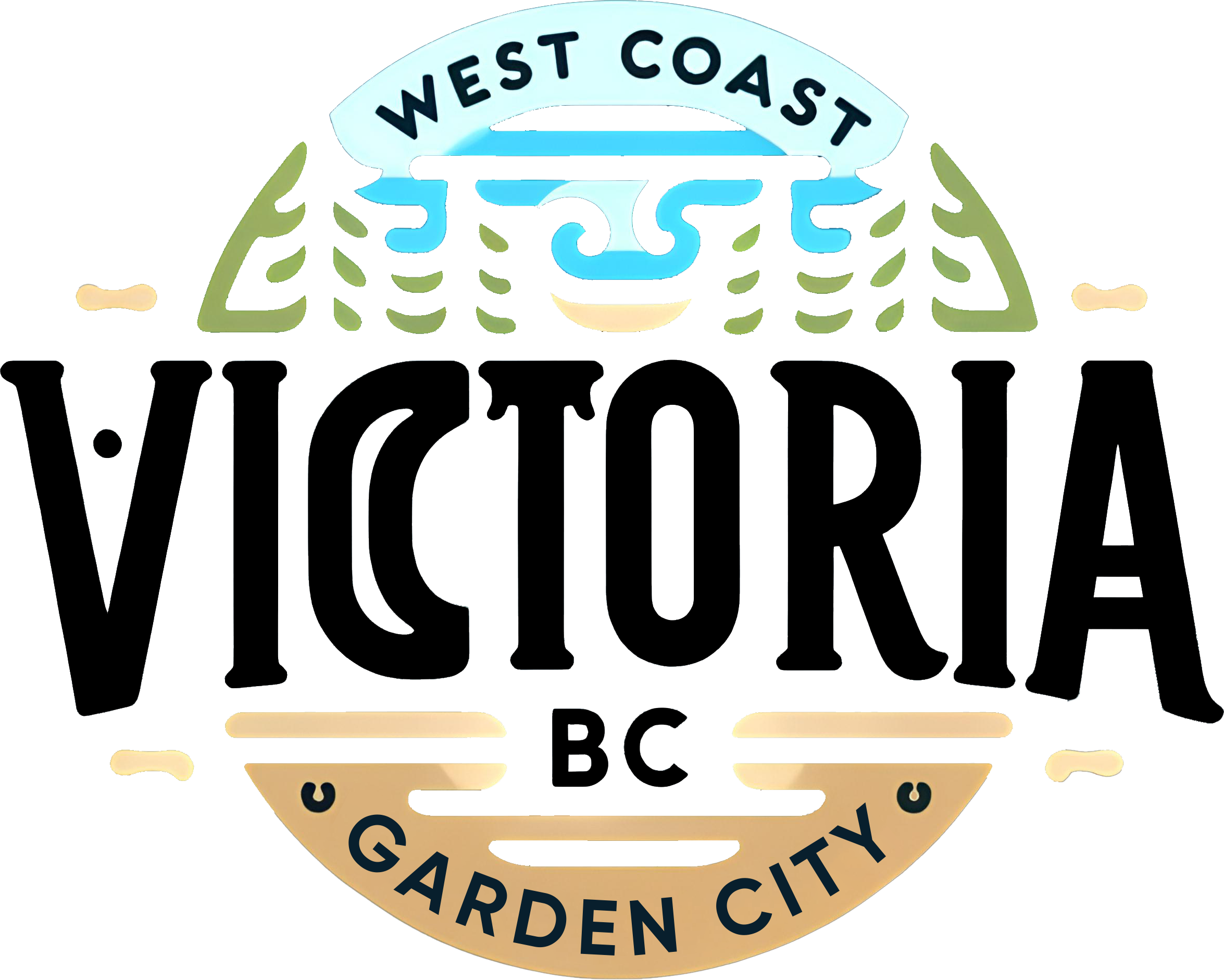
Victoria Business and Economy
November was a very active month for business and the economy, with lots of interesting changes and trends leaving their mark. What made the changes in the economy happen, and who became the driving force behind the month’s business developments?
Join us on this blog, where we explore “Hot Economic and Business News,” look back at the most important events, and ask you to dig deeper into the details that made up November’s economic story.

1-“BC Jobs Landscape: Unemployment Rise, Wages Growth, and Housing Concerns in October 2023”
The Chartered Professional Accountants of British Columbia (CPABC) released a yearly report called “BC Check-Up: Work Report” that looks at job trends across the province. The latest report says that BC’s unemployment rate rose from 4.6% the previous year to 5.4% in October 2023.
“BC’s unemployment rate going up shows that the job market is slowing down a bit,” said Lori Mathison, FCPA, FCGA, LLB, president and CEO of CPABC. “However, the economy has been strong even though inflation and interest rates have been high for a long time.”
BC’s job opening rate fell by 1.6 percentage points year-over-year to 4.2% in August 2023, but businesses were still looking to fill nearly 105,000 open roles.
BC’s workforce grew by 50,500 people, or 1.8%, between October 2022 and October 2023. Two-thirds of that growth happened in the last three months.
In September 2023, wages grew 7.8% year-over-year, which was more than inflation’s growth of 3.3% during the same time period.
Consumer prices have grown at a rate of 3.7% per year since September 2019, while average wages have grown at a rate of 5.8% per year.
The study also talked about changes in jobs by business. As of October 2023, 3.1% more people in British Columbia worked in the service sector than the same time last year, or 2.33 million people.
The manufacturing and building businesses both lost workers, which caused the overall number of jobs in the goods sector to drop by 3.9% year over year.
“The slowdown in construction is normal when interest rates are high, but it comes at a time when we need new infrastructure to make housing more affordable and make room for our growing population,” Mathison said.
“In our most recent survey of CPA members, which was done in August 2023, 88% said that the cost of housing was the biggest problem for business success.”
“In the coming years, it is very important that we put policies in place that will increase the number of homes available and make sure the province keeps attracting new people.”
2-“NEW STRATEGIES TO SUPPORT ECONOMY IN COWICHAN VALLEY”
The Island Coastal Economic Trust’s Investment Readiness Programme is funding two projects that will help the Municipality of North Cowichan and Economic Development Cowichan come up with a new economic development action plan and strategy.
There have been changes in the region’s economy that have led to these two projects. These changes are setting new priorities for community economic development that is both socially and environmentally responsible.
These priorities include economic reconciliation with Indigenous peoples, promoting equity, and responding to climate change.
North Cowichan Mayor Rob Douglas says, “We are grateful for this support from Island Coastal Economic Trust to help us develop our own economic development action plan.
This plan will help create more good-paying jobs, support a wide range of long-term businesses, provide a strong tax base, and help all residents.”
“Over the next few months, I’m excited to work with our local partners and stakeholders and use their ideas to create an action plan that will boost our already strong local economy.”
George Farkas, General Manager of Planning, Development, and Community Services, says, “This is a very important time for us because the forestry industry is going down and we need to put money into other parts of the economy.”
The North Cowichan strategy makes sure that local projects are in line with regional goals and will help make a plan for putting economic-boosting strategies into action.
This includes making the most of the green investment and job-creation opportunities that North Cowichan’s industry areas can offer.
The project will also focus on areas that will have the biggest effects and make it easier for North Cowichan to meet the community’s needs while also helping the economy, society, and the environment.
Along with North Cowichan’s action plan, Economic Development Cowichan is starting a new strategy document to meet new goals that have come up since the 2018 plan.
Some of these are a lack of workers and homes for workers, and Economic Development Cowichan has started to address them.
Gary O’Riordan, Manager of Economic Development Cowichan, says, “This strategy will help us make an economic development document that will guide our work for the next five years.”
“This process is a one-of-a-kind chance to contribute to and learn from sub-regional economic development work that is going on at the same time. Our goal is to make the region’s economy more resilient.”
Through the Investment Readiness Programme, Island Coastal Economic Trust is putting money into both the Municipality of North Cowichan and Economic Development Cowichan.
Each will get $30,000 from the Trust. Soon, both projects will start.
3-“COURTENAY LIQUOR PLUS ACQUISITION”
Mid Island Consumer Services Co-operative said it had reached a deal with the owners of Liquor Plus Ltd., Victoria to buy the Liquor Plus Ltd. store in Courtenay, which is on Vancouver Island.
The deal is anticipated to conclude in early December 2023, subject to the fulfillment of usual closing requirements, such as regulatory clearances.
Vice President and CEO of Mid Island Co-op, Ian Anderson, says, “This acquisition fits with our long-term vision to provide our member/owners with a wider range of services and long-term sustainability in the retail spirits market.”
People who are already members or owners of the Mid Island Co-op will be able to use their membership number to get stock and cashback when this new site changes to the Co-op’s “Mid Island Liquor” brand in early 2024.
The Co-op plans to keep the current team members and is excited to have the Liquor Plus Courtenay team members join the Mid Island Co-op team.
Mid Island Co-op is happy to offer more than 350 local jobs and growth paths to its workers.
The Mid Island Co-op is a locally owned co-op on Vancouver Island. It has been serving people from the Cowichan Valley to Port Hardy, as well as the Gulf Islands, since 1959.
The main things that Mid Island Co-op does are fuel and grocery shops, commercial fuel cardlocks, home heating, industrial fuel delivery, a food market, and booze stores.
“We are a unique type of business because our more than 70,000 member-owners own and run it directly.”
Mid Island Co-op gave back more than $7 million to its member-owners in the form of stock and cashback last year.
Through its community investment fund, it also supported local community projects.
